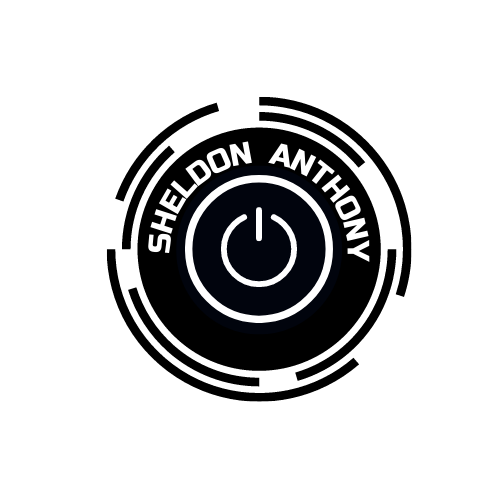
We stand at a precipice. Look around. The world feels… fractured. Not just digitally, but ideologically. What was once a subtle difference in opinion now feels like an unbridgeable chasm. This isn't just about politics; it's about how we perceive the world, how we consume information, and, critically, how we interact with one another. This is societal polarization, and if you're a business owner, you need to understand it because it's redefining your market, your team, and your very ability to connect. Think about the early promise of the internet. Connection. Global village. Instant access to diverse perspectives. The reality? Often, the opposite. Algorithms, designed to keep us engaged, have inadvertently created powerful echo chambers. We're fed more of what we already believe, reinforcing our biases and slowly, subtly, narrowing our view of the world. Social media, once a town square, has become a series of walled gardens, each humming with agreement and bristling at disagreement.
For you, the business owner, this isn't just a social problem; it's a profound business dilemma. Your customer base is not monolithic. Your employees are not a single mind. They come from these increasingly divergent 'worlds.' How do you speak to them? How do you create an inclusive environment when the outside world is constantly pushing them apart? If you take a stand, you risk alienating one segment. If you stay silent, you risk appearing indifferent, or worse, irrelevant, to another. This isn't about choosing sides; it's about navigating a terrain where neutrality itself is often perceived as a position. The ground beneath your feet is shifting, and the old playbooks are crumbling.
For generations, "Black Pete" has been a traditional character in the Dutch Sinterklaas (St. Nicholas) festivities. However, in recent years, the character has become a symbol of a highly polarized debate. Opponents argue that the character, with his blackface makeup, is a racist caricature rooted in colonial history. Proponents defend him as a beloved cultural tradition, arguing that any change would be an attack on their identity and heritage. This issue went beyond a simple disagreement; it evolved into a process of "us vs. them" polarization. The study highlights that the debate moved beyond the specific issue of the character's appearance and became a conflict about group identities. People became less focused on the arguments and more on aligning with their respective "sides," viewing the opposition as a threat to their values. This created a chasm between the two groups, making dialogue and compromise nearly impossible.[1]
Why has this happened? It's complex, but at its core, it's about identity and fear. A report from the World Economic Forum, The Global Risks Report 2025, identifies societal polarization as a significant threat across different timeframes. It ranks as the fifth most severe risk for the immediate term (2025), moves up to the fourth spot for the short term (2027), and is listed as the eighth-highest risk for the long term (2035). [2] In a rapidly changing world, people cling to what feels certain. Their beliefs become inextricably linked to who they are. Challenges to those beliefs aren't just intellectual debates; they feel like personal attacks. And in the attention economy, outrage and tribalism are highly effective currencies. They generate engagement. They create stickiness. It's a feedback loop, amplified by every click, every share, every indignant comment.
It's not to become a political pundit. It's not to alienate half your market. Market leaders are redefining connection. They don't shy away from the human element, but they lean into it. A business that understands that while people may disagree on how to build the bridge, they often agree on the value of crossing the river. Market leaders are focusing on the universals: innovation, quality, trust, respect, craft, purpose, and growth. These transcend superficial divisions. They are creating spaces where diverse views are heard and respected, not just tolerated. This starts within their own teams. Instead of amplifying differences, they find the common ground. Their product or service can be that common ground, a unifying experience, a solution that serves everyone, regardless of their echo chamber. When your "why" is crystal clear and rooted in something bigger than profit, it resonates. People can disagree with your specific approach, but they can still respect your conviction. This isn't about being "nice." This is about being intelligent. It's about understanding the deep currents that shape human behavior and adapting your approach to them. The future belongs to businesses that don't just sell goods, but genuinely connect with humanity – its complexities, its divisions, and its enduring desire for progress. Don't just observe the polarization. Understand it. Adapt. And build something that truly brings value to a fractured world. That's the challenge. That's the opportunity.





No comments:
Post a Comment